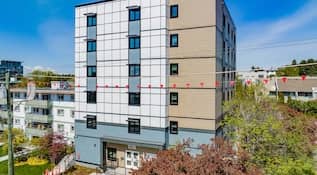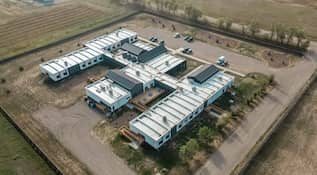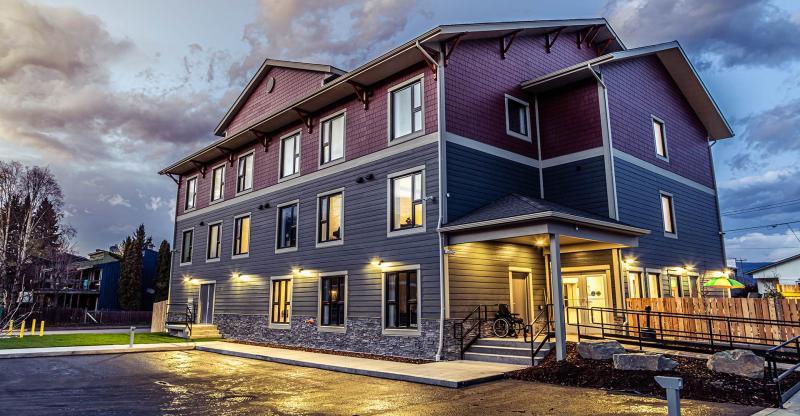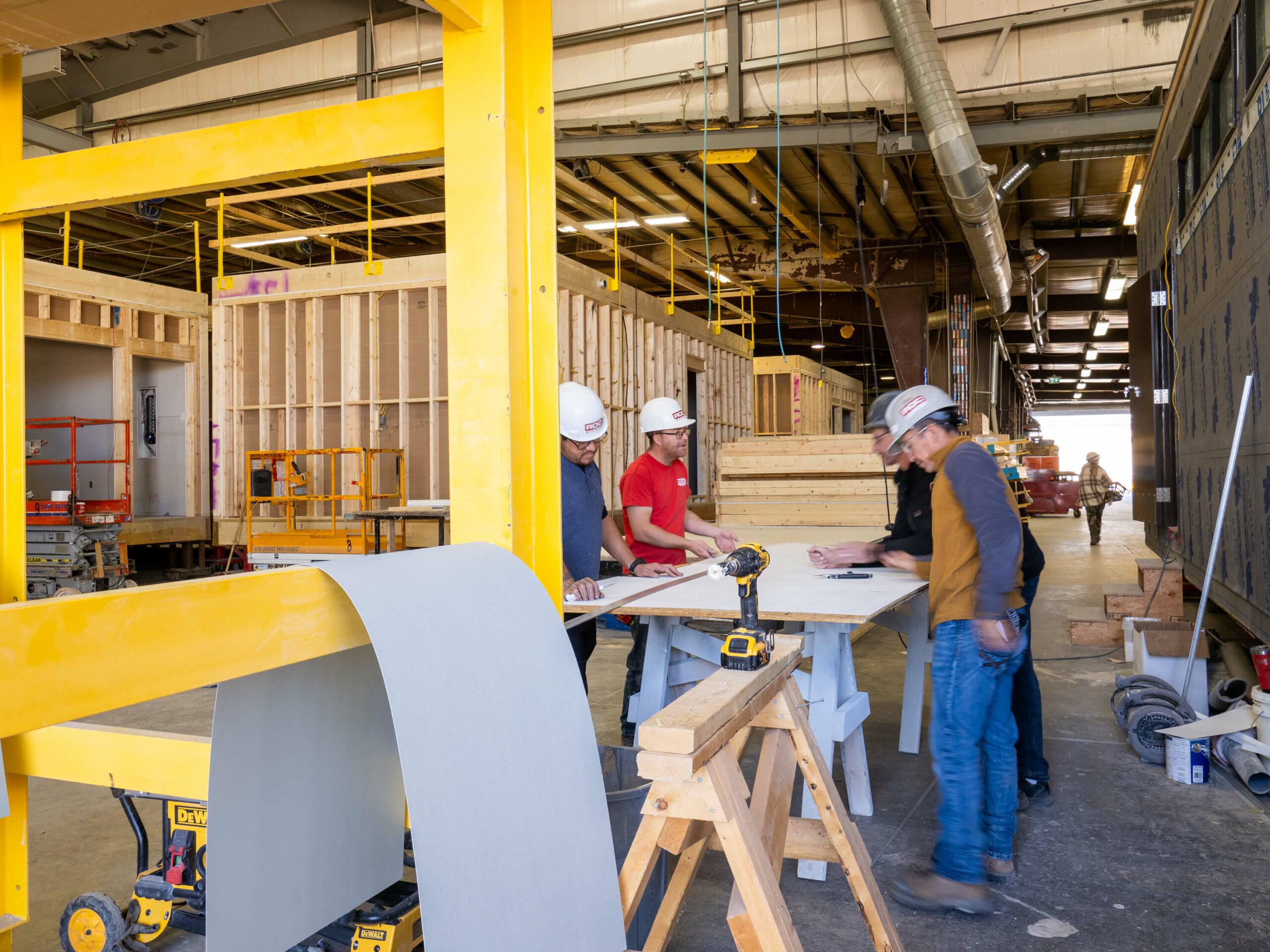The way we build is changing. For decades, traditional construction has been the default approach. These projects were built piece by piece, directly on-site, often relying on long timelines and complex coordination among multiple trades. But in recent years, modular construction has emerged as a serious alternative. It offers speed, predictability, and scalability without sacrificing quality.
At ROC Modular, we see firsthand how this shift is reshaping the industry. Developers, operators, and communities no longer have to choose between fast and durable. Modular is showing that you can have both. But how does it really stack up against traditional construction?
Let’s explore a detailed comparison across four key factors: speed, cost, quality, and flexibility.
Speed: Building Without the Wait
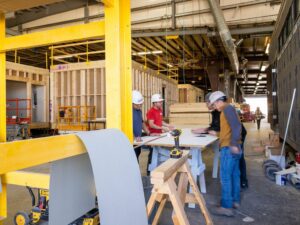
Traditional construction is notorious for extended timelines. Each phase must happen sequentially:
Excavation before framing > Framing before trades > Trades before finishing
Add in weather delays, labour shortages, or scheduling conflicts, and what was supposed to be a one-year build can quickly stretch much longer. In industries where speed-to-market matters. Whether it’s student housing, healthcare, or industrial facilities, those extra months directly affect return on investment.
Modular construction, by contracts, changes the game. Because modules are built in a factory-controlled environment at the same time that site preparation is happening, the timeline shrinks dramatically. Once modules are complete, they’re delivered, craned into place, and connected in a matter of weeks. On average, modular construction can cut project timelines by 30-50% compared to traditional builds.
For example, ROC Modular has delivered housing solutions where teachers moved in within months, not years. This is a speed that directly impacts community growth and workforce stability.
Verdict: Modular construction is faster, and in industries where every month counts, speed is a major competitive advantage.
Cost: Predictability vs Uncertainty

Traditional construction is often plagued by budget uncertainty. Because projects take longer, they’re more vulnerable to fluctuations in material prices and labour costs. A delay caused by weather or site conditions doesn’t just affect the timeline, it compounds costs. Developers can find themselves dealing with overruns that threaten the profitability of the entire project.
Modular construction provides more predictability. Factory production reduces material waste and improves efficiency. Parallel workflows, where site prep and factory builds happen simultaneously, shorten the overall project duration, reducing financing and carrying costs. While modular does involve transportation and craning expenses, these are predictable and typically offset by the savings from efficiency and reduced labour.
In many cases, modular offers better cost certainty, helping developers and operators lock in their budgets and reduce financial risk.
Verdict: Both methods can achieve budget goals, but modular reduces exposure to overruns and makes financial planning more reliable.
Quality: Consistency in Every Build

Traditional construction relies heavily on site conditions and the availability of skilled trades. With multiple crews cycling on and off a site, there’s often variability in workmanship. Weather adds another layer of unpredictability like rain, snow, or extreme heat can all compromise building quality or slow progress.
Modular construction addresses these issues head-on. By building in a climate-controlled factory environment, every module undergoes strict quality checks at each stage of production. Specialized teams work with the same systems and standards every day, ensuring consistency.
The result?
Buildings that aren’t just assembled faster, but often outperform their site-built counterparts in durability and precision.
At ROC Modular, our modules are engineered for strength and resilience, designed to withstand transport and craning before becoming permanent structures. That means they’re often built tougher than traditional builds… a true hidden advantage for clients operating in demanding environments like the energy or resource sector.
Verdict: Traditional construction can deliver quality with the right crews, but modular guarantees consistency and durability across every project.
Flexibility: From Custom Builds to Scalable Growth

Traditional construction has always been prized for flexibility. Since everything is built one-site, design changes and customizations can be introduced at almost any stage. The downside, of course, is that these changes usually come with cost and schedule impacts.
Modular construction once carried a reputation for being “cookie-cutter.” But today, that’s no longer the case. Modern modular can be highly customizable, from exterior finishes and floor plans to custom branding. Modules can be tailored to meet the exact needs of clients and scaled up or down as demand grows.
At ROC Modular, we take this one step further with our white-label approach. We don’t compete with our clients. Instead, we manufacture high-quality modules that carry your identity and integrate seamlessly into your business. Whether it’s permanent modular housing development or an industrial workforce facility, your brand takes the spotlight, not ours.
Verdict: Traditional builds still offer flexibility, but modular delivers customization plus scalability. This makes it easier to grow without starting from scratch.
Which Method Wins?
Both modular and traditional construction have their place. Traditional methods may suit projects with unique site constraints or one-off designs where absolute flexibility is required. But for most developers, operators, and organizations, modular offers a superior balance of speed, cost certainty, quality, and scalability.
It’s not just about building faster.
It’s about building smarter.
With modular, projects stay on schedule, budgets stay predictable, and quality stays consistent. Communities get homes, businesses get facilities, and operators get up and running in record time… all without compromising durability or design.
We’ve built our reputation on being the manufacturing partner behind successful projects across North America. If you’re ready to see how modular construction can give your next project a competitive edge, we’d love to connect with you.
